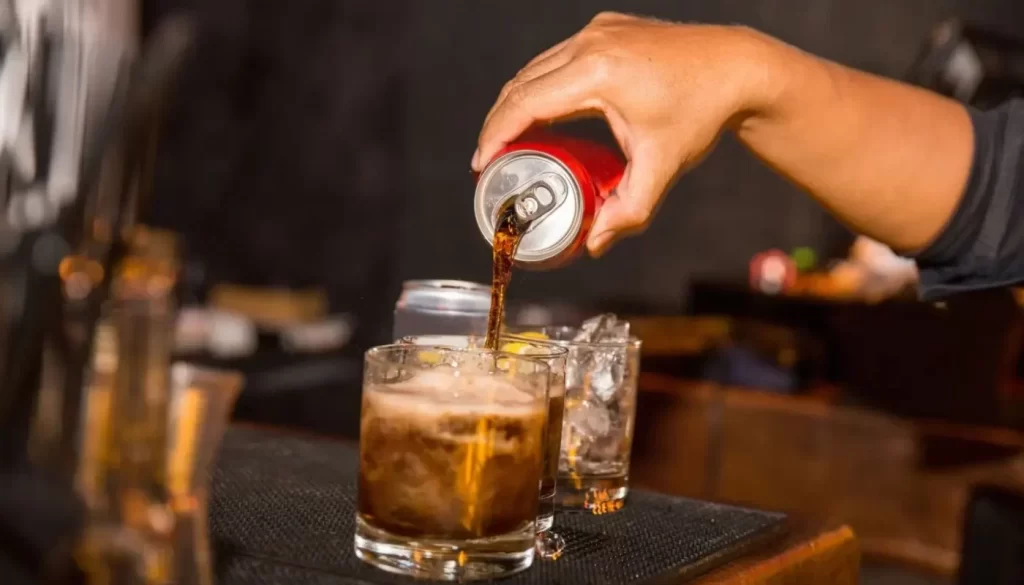Côte d’Ivoire: When the ban on alcoholic energy drinks plunges shopkeepers into distress

The recent ban on alcoholic energy drinks in Côte d’Ivoire, introduced to address public health concerns, has plunged numerous merchants into a severe economic crisis. While the measure aims to safeguard public health, it has left many reliant on this trade in a precarious financial situation.
Despite their desperate appeals, the merchants face an unsettling silence from the authorities, raising questions about the true motives behind this decision.
The economic impact of this ban is both profound and immediate. Many merchants, who relied on the sale of these beverages for a steady income, now find themselves without viable alternatives to meet their daily needs.
The sudden closure of this market has not only disrupted their lives but also threatens to deepen their financial instability.
Once a thriving sector, it now faces a crisis, with its participants struggling to survive.
In response, merchants have been calling for a reconsideration of the decision or at least some acknowledgment from the authorities. However, their pleas seem to fall on deaf ears.
This lack of official response has fueled speculation that underlying economic interests may be at play.
Some suggest that major companies might benefit from the situation by strengthening their market position at the expense of smaller businesses.
The authorities’ silence raises legitimate concerns. Why is there such indifference toward the merchants’ plight? Are powerful economic actors exerting pressure to maintain the ban despite its adverse effects?
The growing discontent among merchants could soon escalate into a broader social movement if a resolution is not swiftly achieved.
Meanwhile, merchants continue to voice their concerns, hoping for a reassessment of the decision or substantial assistance to mitigate the impact of the ban.
They are calling for a fair response and a solution that allows them to continue working and earning a livelihood from their trade.
The situation demands prompt intervention to prevent further deterioration of their living conditions.
Souley MAZAMA












